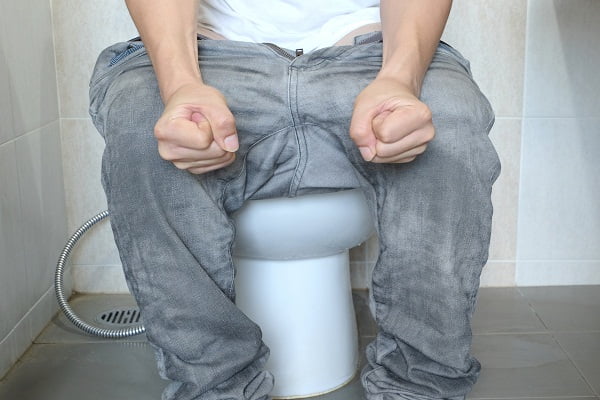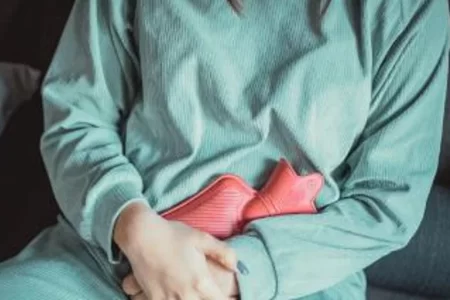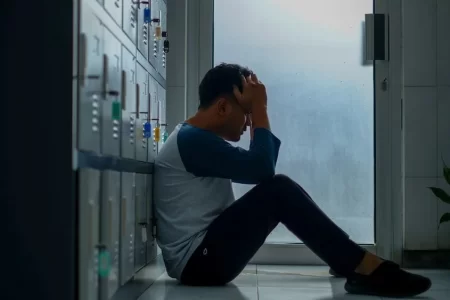Do Hemorrhoids Go Away on Their Own?
- Updated on: Jul 10, 2024
- 3 min Read
By
- Published on Oct 3, 2019


Hemorrhoids (Piles)
Hemorrhoids refer to the condition of swollen veins situated around the anus or lower rectum. It can be internal or external. Hemorrhoids are very common. Nearly 75 percent of people suffer from the condition at some point in their life. Hemorrhoids (Piles) are more common in people between the ages of 45 and 65.
Doctors aren’t sure about the causes of swelling of veins but still, there are some common factors that may lead to the condition. These factors may include:
- straining to pass stool
- constipation
- diet
- pregnancy
- aging
See also: Is every lump near anus a hemorrhoids?
See also: Hemorrhoid Pain: How Can Piles Pain Be Relieved?
How long does it take for hemorrhoids to go away: Can hemorrhoids or piles go away on their own?
Depending on the type of hemorrhoids and their severity, haemorrhoids may last for one or two days or up to a few months or even years. In severe cases, a surgery is required for treating them.
Researching a number of cases of hemorrhoids, doctors believe that going away of the hemorrhoids mainly depends on four crucial factors:
Type of hemorrhoids: Internal and External hemorrhoids
The position of hemorrhoids is one of the main factors which decide whether the hemorrhoids go away easily or not.
Do internal hemorrhoids go away?
Internal hemorrhoids occur inside of the anus of the patient. Internal hemorrhoids tend to go away easily within few days.
Do external hemorrhoids go away?
External hemorrhoids are formed outside the anus of the patient. Mostly, hemorrhoids start off as internal hemorrhoids and if left untreated, develop into external hemorrhoids within days and months. External hemorrhoids don’t go away easily and may require some attention and treatment to deal with them.
The actual cause of your hemorrhoids
There are a number of factors responsible for the hemorrhoids. The actual cause of the development of hemorrhoids is another key factor that decides whether your hemorrhoids go away easily or not.
If the cause of hemorrhoids involves any temporary situation like pregnancy (because the increased pressure in your abdomen make the veins in rectum and anus larger), then they may go away soon (usually such hemorrhoids go away after the delivery). On the contrary, if they are caused because of years of constipation, irregular and unhealthy diet, and age, then chances are high that they may not go away soon.
Severity of Hemorrhoids
Severity of the condition is also a factor that decides whether the hemorrhoids go away naturally or not. Mild swelling may go away soon while severe swelling of the veins may take a longer time to cure. Thus, identification of the severity of the swelling can be helpful in such cases. One of the severe conditions of hemorrhoids is thrombosed hemorrhoids. Thrombosed hemorrhoids occur when a hemorrhoid fills with blood clots. It can be in internal or external.
Will a thrombosed hemorrhoid go away easily?
A thrombosed hemorrhoid is a severe condition and does not go away easily. It requires medical intervention for the treatment. A thrombectomy (a small procedure where surgeons make a cut in hemorrhoid and drain the blood) is usually used to treat thrombosed hemorrhoids. If a thrombectomy is not effective, surgery may be required.
First case or Recurring hemorrhoids
Hemorrhoids occurring for the first time may go away easily in a few days without treatment. On the other hand, recurring hemorrhoids may not go away easily.
See also: What Do Hemorrhoids (Piles) Look Like?
What helps hemorrhoids to go away?
Making simple diet and lifestyle changes can help hemorrhoids to go away. Such lifestyles changes may include:
- eating high-fiber foods
- drinking plenty of fluids
- avoid straining while pooping (pressure due to straining can aggravate the swollen veins around the anus even more and delay the healing process)
- aerobic exercise, such as brisk walking 20–30 minutes a day, can help stimulate bowel function
However, there are some situations that may indicate hemorrhoids not going away easily on their own. Such types of hemorrhoids may require medical or surgical procedures to remove them. Conditions in which a medical procedure is used may include:
- Recurring internal hemorrhoids are not easily approachable and so they last much longer than external hemorrhoids and are more difficult to treat and heal.
- External hemorrhoids which are large and painful
- Severely prolapsed internal hemorrhoids may require a surgeon to remove them under local anesthetic. These types of hemorrhoids may take up to 6 weeks to heal.












